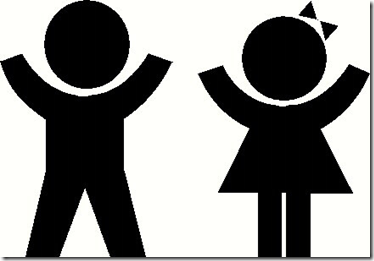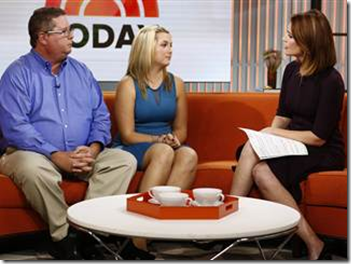Stop saying that women are beautiful.
/I was speaking at a conference recently. There were seven speakers in all - five women and two men. Each of us was introduced prior to our talk by one of the organizers.
During the introductions of three of the five female speakers, the organizer mentioned the woman's physical appearance.
"... the brilliant and beautiful..."
"... not only is she beautiful, but she is a published expert in her field..."
"... a beautiful woman with a bold vision..."
Pay attention to the way women are introduced at events like this in the future. Their physical appearance is often mentioned as a part of the introduction, and almost always by other women.
Conversely, men's physical appearance is never mentioned. I have been introduced hundreds of times prior to a speech, story, or talk, and my physical appearance has never been included in the list of accolades or accomplishments.
This needs to stop, for a few reasons:
- It's inappropriate. Physical appearance is irrelevant and should not be touted as a means of introducing a speaker. Doing so implies that beauty is just as important as the woman's professional accomplishments or academic pedigree. The last thing anyone should be talking about is what a woman looks like prior to listening to her speak.
- When you mention the beauty of one female speaker but fail to do so for another female speaker (or even a male speaker), you risk hurting the feelings or offending the speakers whose physical appearance was unmentioned. I couldn't help but wonder if the two women whose physical appearance was not mentioned at that recent conference noticed the difference in introductory content. It was also interesting to note that the two women whose beauty was not mentioned were African American, while the other three were white.
- Mentioning a woman's physical appearance during an introduction is sexist. The notion that we would include female appearance but not male appearance in an introduction implies that a woman's appearance is an important and relevant part of her value to society.
Even if you can't agree with these first three reasons (and I honestly can't imagine any sane person not), here is one based solely on logic:
Unless the audience is comprised of blind people, mentioning that a woman is beautiful before she takes the stage is simply stating the obvious. The audience members are about to see the woman, and her beauty will therefore be apparent. From a logical standpoint, mentioning the physical appearance of a speaker is redundant and meaningless, because that beauty is about to take center stage.
This may seem like a small thing to you, but it is not. The perpetuation of the notion that a woman's physical appearance is an important part of her value and worth to society must be stopped whenever possible. This constant, public acknowledgement of the importance of a woman's appearance seems innocent enough, but it represents and reinforces the sexist, shallow, and stupid notions that we have about what is important in our culture.
If you're introducing a female speaker, say nothing about her appearance.
If you're a woman who is about to be introduced, make a point of asking that your physical appearance not be mentioned as a part of your introduction.
End this stupidity today.


